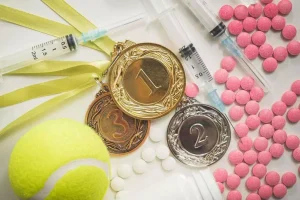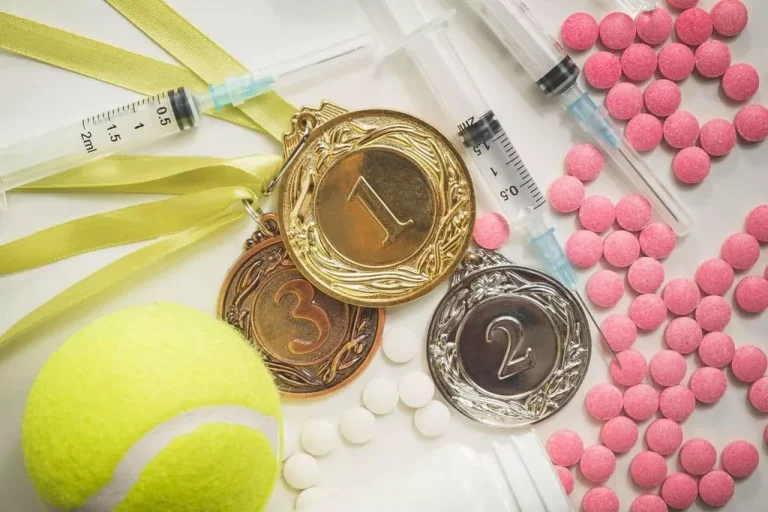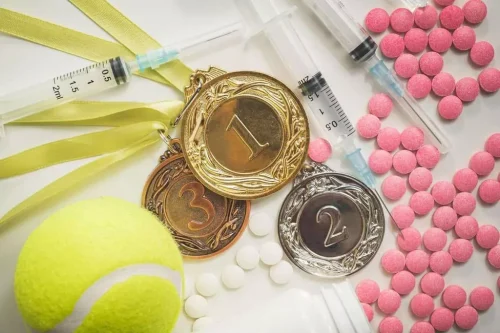
The survey is weighted to be representative of the U.S. adult population by gender, race, ethnicity, partisan affiliation, education and other categories. This loss of self-regulation can lead to oversharing, arguing or talking too much, unplanned sex or drug use, or physical fighting. Alcohol delays and suppresses or limits rapid eye movement (REM) sleep and may cause you to wake up, resulting in poor-quality, lighter sleep and less time in restorative deep sleep. Kim Y designed the study, conducted the analysis, and wrote the manuscript. Understand the world with a daily explainer plus the most compelling stories of the day, compiled by news editor Sean Collins.

Effects of Alcoholism on the Body
NIAAA Director George F. Koob, Ph.D., said that as of May 2023, the institute is not aware of specific health guidelines on alcohol consumption for transgender or gender-nonconforming individuals. Because women tend to have less water in their bodies than men, if a woman and a man of the same weight drank the same amount of alcohol, the woman’s blood alcohol concentration (BAC) would likely be higher. This could help explain why women are more likely to have negative effects from alcohol. The National Institute on Alcohol Abuse and Alcoholism (NIAAA) has information on how alcohol impacts your health. It also has resources to help those looking to change their drinking habits. As the leader in addiction treatment American Addiction Centers specializes in helping people recover from alcohol addiction.
Should You Quit Drinking If You Have an Anxiety Disorder?
That’s because your body already has processes in place that allow it to store excess proteins, carbohydrates and fats. So, your system prioritizes getting rid of alcohol before it can turn its attention to its other work. Cirrhosis, on the other hand, is irreversible and can lead to liver failure and liver cancer, even if you abstain from alcohol. If alcohol continues to accumulate in your system, it can destroy cells and, eventually, damage your organs.
Non-invasive blood glucose monitor uses pre-trained model to reduce calibration period from weeks to days

Alcohol consumption drug addiction treatment irritates the lining of the stomach and intestines. A night of drinking can cause uncomfortable symptoms like diarrhea, nausea, and vomiting. Chronic and excessive alcohol use disrupts the balance of bacteria in the gut microbiome (dysbiosis).

- During pregnancy, drinking may cause the unborn baby to have brain damage and other problems.
- Over time, this imbalance triggers chronic gastrointestinal inflammation, leading to a higher risk of gastrointestinal diseases.
- Although alcohol makes you fall asleep faster, it interrupts your natural sleep-wake cycle (or circadian rhythm).
The body absorbs alcohol relatively quickly, but it takes longer to get the alcohol out of the body. Consuming several drinks in a short time causes the alcohol builds up in the body. In experiments led by first author Yifeng Cheng, a research scientist in Janak’s lab who studies alcohol’s effects on the brain, rats received very high alcohol exposure for a month.

Drinking too much alcohol over time may cause inflammation of the pancreas, resulting in pancreatitis. Pancreatitis can activate the release of pancreatic digestive enzymes and cause abdominal pain. Here’s a breakdown of alcohol’s effects on your internal organs and body processes. These effects might not last very long, but that doesn’t make them insignificant. Impulsiveness, loss of coordination, and changes in mood can affect your judgment and behavior and contribute to more far-reaching effects, including consequences of alcohol accidents, injuries, and decisions you later regret.
- The evidence for moderate alcohol use in healthy adults is still being studied.
- This makes speech and coordination — think reaction time and balance — more difficult.
- It’s always best to connect with your doctor before quitting alcohol.
- Excitement, typically at lower doses, may be due to alcohol suppressing the inhibitory parts of the brain.
- Long-term alcohol use can change your brain’s wiring in much more significant ways.